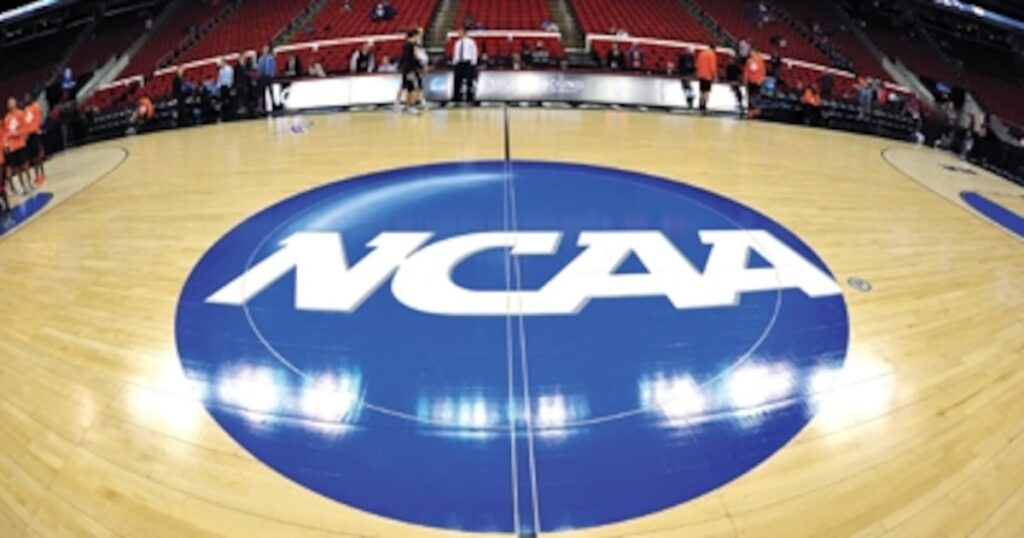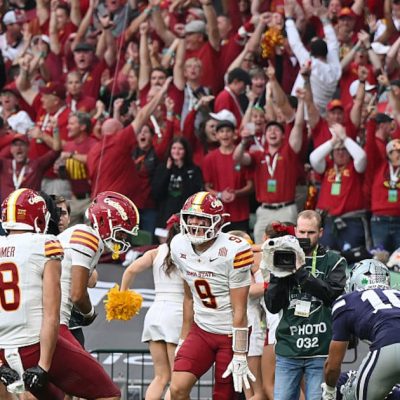The NIL reporting rule is a significant shift in college athletics, aiming to bring transparency to the financial dealings of student-athletes. As collegiate sports adapt to these changes, up-to-date regulations and consistent reporting are crucial. The NCAA’s recent proposal highlights the importance of formal reporting for athletes, focusing on protecting their rights as they capitalize on their name, image, and likeness. This rule is not just about compliance; it establishes a framework for fair play and accountability within collegiate sports, ensuring that all student-athletes navigate their NIL opportunities securely. Recent advancements by the NCAA highlight the urgency of this transition and the ongoing conversations surrounding it.
Understanding the NIL Reporting Rule Framework
The NIL reporting rule seeks to establish clear guidelines for how athletes disclose earnings from endorsements and other NIL-related activities. This is intended to prevent potential abuse and ensure all college athletes are treated equitably. For instance, starting August 1, 2024, Division I athletes will need to report their NIL contracts to their institutions, providing transparency about their earnings and protecting their eligibility. Schools will then be responsible for compiling this data and reporting it to the NCAA.
Important regulations included in this framework require schools to educate athletes about their rights and the rules governing NIL activities. Failure to comply with these reporting standards could lead to significant consequences for athletes and their schools.
Key Implications for Student-Athletes
Adhering to the NIL reporting rule enables student-athletes to maximize their earning potential while maintaining their collegiate eligibility. This balance is crucial in the evolving landscape of college sports, where financial opportunities are exponentially increasing. Transparency through required disclosures not only secures athletes but also enhances the integrity of collegiate sports.
Moreover, the rule empowers institutions to assist athletes in understanding contract negotiations, tax implications, and compliance issues. Schools must provide resources and support to help students navigate this complex environment, fostering a positive and informed athletic experience.
📊 Important Insights
- Transparency: Essential for athlete protection
- Education: Critical for navigating contracts
Challenges Ahead for Institutions
While the NIL reporting rule serves to protect student-athletes, it poses several challenges for educational institutions. Compliance with reporting requirements demands a robust infrastructure, which may strain resources, especially for smaller colleges with limited staff. Effective training programs for compliance teams and ongoing education for athletes are imperative to mitigate risks associated with non-compliance.
Furthermore, institutions must adapt to a rapidly changing regulatory environment. As new federal legislation may soon complement existing state laws, staying ahead of the curve will require agility and foresight. Schools must remain informed and responsive to changes to safeguard both their athletes and their programs.
Key Takeaways and Final Thoughts
The proposed NIL reporting rule marks a turning point in the landscape of collegiate sports, emphasizing the necessity for reporting and transparency. Student-athletes can benefit significantly from these regulations, provided that institutions equip them with the necessary knowledge and support. The transition to this new paradigm will be essential for protecting athletes and maintaining the integrity of college sports. Current tax implications must also be considered as athletes navigate their earnings.
❓ Frequently Asked Questions
What is included in the NIL reporting rule?
The NIL reporting rule requires student-athletes to disclose all earnings from NIL activities, ensuring transparency and compliance with NCAA regulations. Educational support from institutions is critical in navigating these requirements.
How will this affect college athletics?
The NIL reporting rule is set to enhance transparency and accountability in college sports, providing a safer financial environment for athletes while maintaining the integrity of the collegiate system.
To deepen this topic, check our detailed analyses on Sports Business & Sponsorships section






